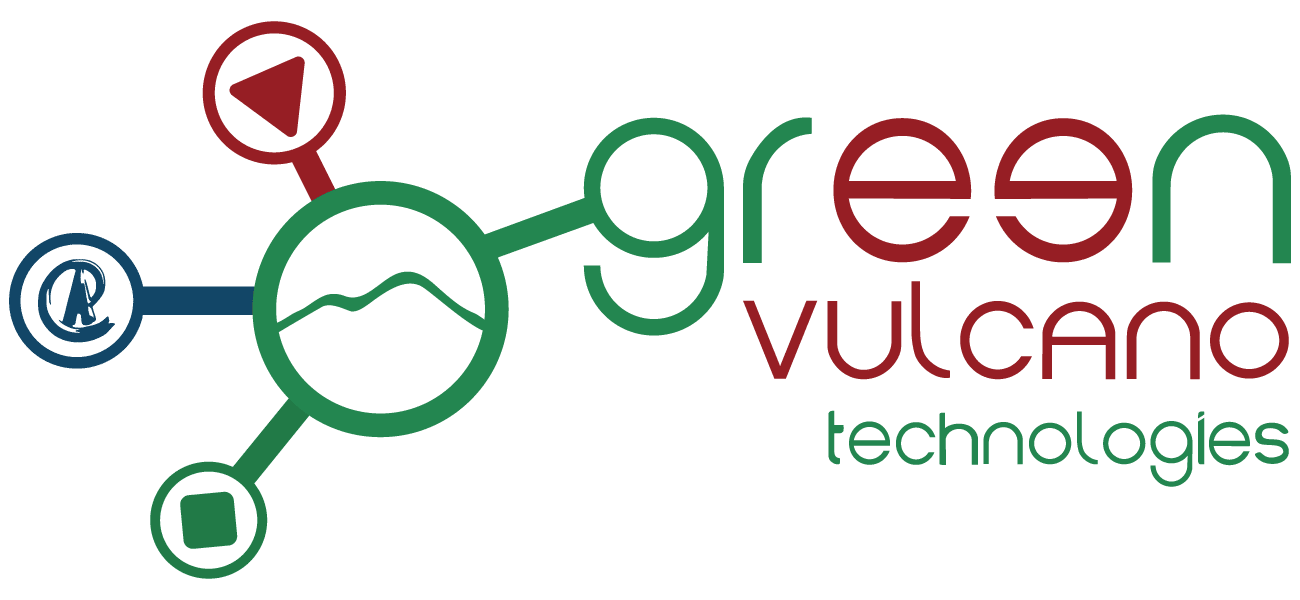Today IoT, acronym of Internet of things, is a widely understood concept both between private and enterprise actors. For those that still don’t know the meaning of IoT: IoT comprehend advanced technologies as hardware or platforms, that allows to connect things to internet and collect, send or analyze valuable information (think about a smart fridge: it can check the expiration date of your food, make new orders, send you notifications to throw away rotten food, etc).
This technologies are already been applied on many different business:
- Transportation
- Natural resources
- Manufacturing
- Renewable energy
- Smart Cities
Reliable estimation talk about 50 billion devices connected online within 2020, an exorbitant number compared to the 7.2 billion of people on earth in 2015.
All this connected devices imply a big amount of Data potentially exploitable. In 2018, about 40% of the total big data will be taken from our smartphones, cars and household objects.
Even large scale systems, and multi-billion dollar industrial machines will generate big data thanks to sensors located to airplanes, power grids and oil extraction.
The market of IoT is a booming space, and It’ expected to be worth over 300 billion dollars by 2020.
But why, IoT technologies are so interesting for businesses?
It depends to benefits that this technologies bring to companies. Some examples:
- Saving costs: more data mean more efficiency, even more increased by automation technologies that will make more efficient the production process.
- User friendly: move from complex management systems to just one click button will actually make a difference. Let imagine how Amazon’s dash botton could impact on sales!
- Issue Prediction: predictive systems allows to immediately, and in some case preventively, identify errors in production process and in the production machinery, avoiding losses of time and money.
- Boosting productivity: productivity can be boost identificating errors and eliminating gaps in the production workflows, with a consequent gain of precious time.
Are companies ready for these changes?
The response is: not all of them. Many organization struggle to effectively manage the complexity of data generated by the IoT, often having no one strategy in place.
IDG Research shows that 70% of companies are still in the “consideration” or “planning” phase and only the 30% of companies can be considered “early adopter”.
What does this resistance to new technologies depend on?
Different factors make so complicated the management of this data:
- the lack of homogeneity of resources
- the frequency of data,
- complex data relations etc...
However the integration of different IoT systems is the main barrier. Many solutions emerging in this field will make these flows much easier and usable even by less experienced user.
Have you already tried Claudio - business automation tool?
As you should have understood reading this post, the future of the IoT is written and its benefits for businesses are out of questions.
Your company needs new weapons to better fight the global competition: choose the ones that best fits your organization
If you are interested in having more information on IOT integration programs, write us: claudio@greenvulcano.com.
You will have the chance to use Claudio in preview!
[av_contact email='support@greenvulcano.com' title='Insert your email to get pdf' button='Get pdf' on_send='' sent='Get your pdf here: http://www.greenvulcanotechnologies.com/wp-content/uploads/2018/01/BLOG-POST-1_Eng.compressed.pdf' link='manually,http://' subject='' autorespond='' captcha='' form_align='' color='' admin_preview_bg='' av_uid='av-3kwoov']
[av_contact_field label='E-Mail' type='text' options='' multi_select='' av_contact_preselect='' check='is_email' width='' av_uid='av-2ac5r3'][/av_contact_field]
[/av_contact]

